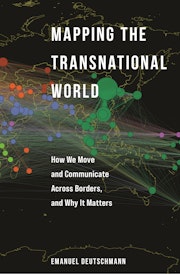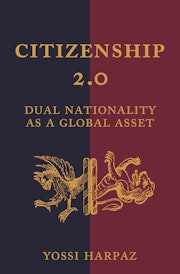Princeton Studies in Global and Comparative Sociology12
Andreas Wimmer, Series Editor
An increasing number of social scientists are no longer content with focusing on a single society but are keen to explore processes that affect all societies or that can be understood only through systematic comparisons across them. The Princeton Series in Global and Comparative Sociology aims to publish books that dare to compare either by focusing on global phenomena or by studying social processes across countries and continents.
-

The relationship between colonial pluralism and nationalist civil war in former British colonies
-

Why some cities are more effective than others at reducing inequalities in the built environment
-

How differences in national financial regulatory systems emerged from divergent beliefs about economic order and prosperity
-

A groundbreaking account of how prolonged grassroots mobilization lays the foundations for durable democratization
-

A trailblazing look at the historical emergence of a global field in contemporary art and the diverse ways artists become valued worldwide
-

A study of the structure, growth, and future of transnational human travel and communication
-

A groundbreaking account of how the welfare state began with early nineteenth-century child labor laws, and how middle-class and elite reformers made it happen
-

How voting behavior in Latin America is influenced by social networks and everyday communication among peers
-

A new and comprehensive look at the reasons behind successful or failed nation building
-

Give and Take looks at local drug manufacturing in Kenya, Tanzania, and Uganda, from the early 1980s to the present, to understand the impact of foreign aid on industrial development. While foreign aid has been attacked by critics as...
-

Citizenship 2.0 focuses on an important yet overlooked dimension of globalization: the steady rise in the legitimacy and prevalence of dual citizenship. Demand for dual citizenship is particularly high in Latin America and Eastern...
-

Why are small and culturally homogeneous nation-states in the advanced capitalist world so prosperous? Examining how Denmark, Ireland, and Switzerland managed the 2008 financial crisis, The Paradox of Vulnerability shows that this is...